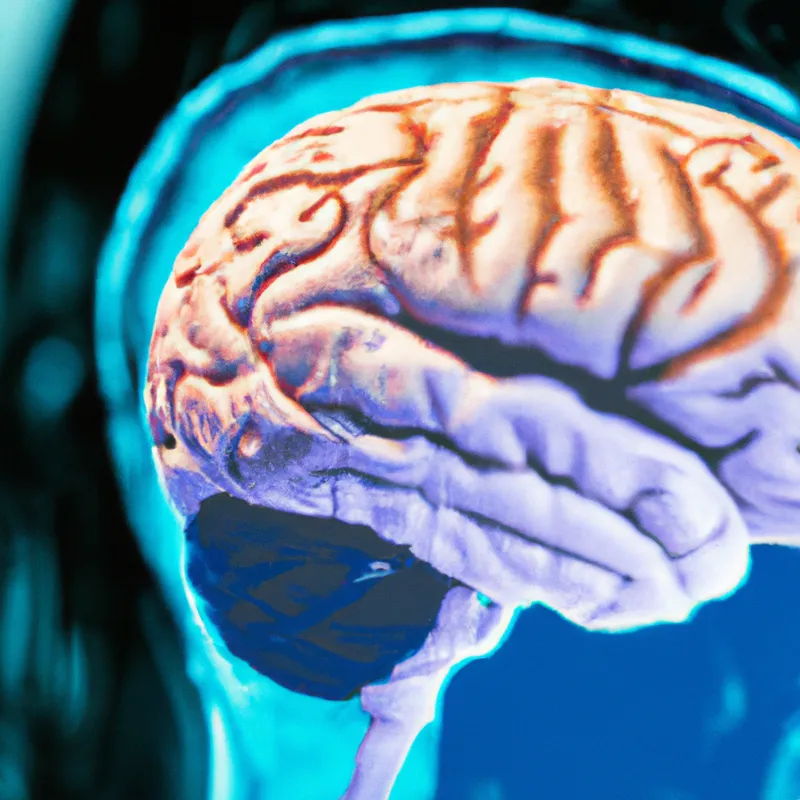Harness Innovative Tools for Cognitive Enhancement
The Role of Technology in Enhancing Cognitive Skills: Pros and Cons
Technology plays a crucial role in our daily lives today. We use technology for communication, work, and entertainment. It significantly impacts cognitive skills like memory, attention, problem-solving, and critical thinking. However, technology’s effects can be both positive and negative. This blog post highlights the pros and cons of technology in enhancing cognitive skills.
The Positive Aspects of Technology
1. Access to Information
Technology provides users access to vast amounts of information. With a few clicks, users find answers to almost any question. This easy access encourages curiosity and promotes self-directed learning. Online courses, educational videos, and articles help individuals learn new skills or deepen their understanding. This democratization of knowledge empowers learners of all ages to explore subjects without traditional education constraints.
2. Engaging Learning Tools
Interactive software, apps, and gamified learning platforms engage users effectively. These tools make learning enjoyable and encourage active participation. Research shows gamified experiences enhance motivation and retention. Educational games focusing on mathematics or language skills improve performance by creating a fun, competitive environment that encourages repeated practice.
3. Collaboration and Communication
Technology fosters collaboration and communication among peers, essential for cognitive development. Video conferencing, discussion forums, and messaging apps enable real-time discussions and idea-sharing across distances. This connectivity promotes diverse perspectives and critical thinking. Online group projects enhance problem-solving skills as individuals navigate differing viewpoints to find solutions. Collaborating with others mirrors the modern workplace, where teamwork is crucial.
4. Cognitive Training Programs
Many apps and online platforms offer cognitive training exercises to boost memory, attention, and other cognitive skills. These programs sharpen mental agility through fun, challenging activities. Some studies suggest regular use improves cognitive function, especially in older adults. Platforms like Lumosity and Peak target specific cognitive skills through structured exercises, helping users maintain mental sharpness as they age.
5. Tailored Learning Experiences
Technology enables personalized learning experiences that cater to individual needs. Adaptive learning software assesses a learner’s strengths and weaknesses, adjusting content to suit their pace and style. This tailored approach enhances understanding and fosters a sense of ownership over the learning process. Individuals can develop their cognitive skills more effectively by focusing on areas needing improvement.
The Negative Aspects of Technology
1. Distraction and Overload
Technology can distract users with constant notifications and information overload. Social media, games, and apps often divert attention from important tasks. This distraction can hinder memory and concentration, impeding cognitive skill development.
2. Reduced Face-to-Face Interaction
Excessive reliance on technology may reduce face-to-face interactions. Individuals might miss opportunities to develop social skills and emotional intelligence. This lack of interaction can negatively impact interpersonal communication and collaborative problem-solving abilities.
3. Dependence on Technology
Overuse of technology can create dependence, where individuals rely on devices for basic tasks. This dependence might weaken cognitive skills, such as critical thinking and memory, as users become accustomed to seeking instant answers online.
4. Decreased Physical Activity
Technology often leads to sedentary lifestyles, as users spend long hours in front of screens. This decrease in physical activity can negatively affect cognitive function and overall health. Regular exercise contributes to better cognitive performance and mental well-being.
5. Quality of Information
The internet contains vast amounts of information, but not all of it is accurate or reliable. Users may struggle to discern credible sources from misinformation. This difficulty can lead to misunderstandings and hinder critical thinking skills.
Conclusion
Technology offers significant advantages and challenges in enhancing cognitive skills. While it provides access to information and engaging tools, it can also lead to distractions and dependence. Balancing technology use with traditional learning methods can maximize its benefits while minimizing its drawbacks.
Below are related products based on this post:
FAQ
What are some positive effects of technology on cognitive skills?
Technology enhances cognitive skills by providing access to vast information, engaging learning tools, and fostering collaboration among peers. It encourages self-directed learning through online courses and educational resources, while interactive software and gamified platforms make learning enjoyable and effective. Additionally, technology allows for tailored learning experiences, adapting to individual needs and promoting cognitive development.
What are the potential negative impacts of technology on cognitive skills?
While technology has its benefits, it can also lead to distractions and information overload, which may hinder memory and concentration. Excessive reliance on technology can decrease face-to-face interactions, affecting social skills and emotional intelligence. Furthermore, dependence on devices for basic tasks can weaken critical thinking and memory, and the prevalence of misinformation online complicates the ability to discern credible sources, potentially undermining critical thinking skills.
How can one balance technology use to enhance cognitive skills?
To balance technology use, individuals can integrate traditional learning methods with digital tools. Setting specific times for technology use, engaging in physical activities, and prioritizing face-to-face interactions can help mitigate negative effects. Additionally, being selective about the information consumed and focusing on credible sources can enhance critical thinking skills while benefiting from the advantages technology offers.















Post Comment